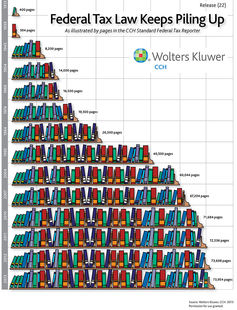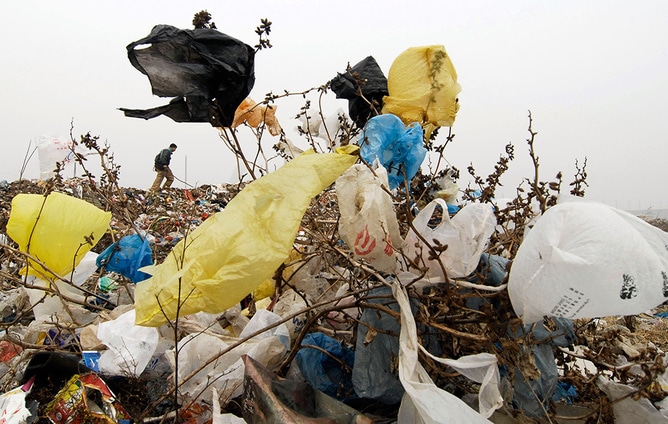A Corporate Tax (Avoidance) Lesson from Down Under
With much anticipation and very little fanfare the Australian Taxation Office quietly released information about corporate tax entities with a total income of $100 million or more for the 2013–14 income year and how much tax they paid.










